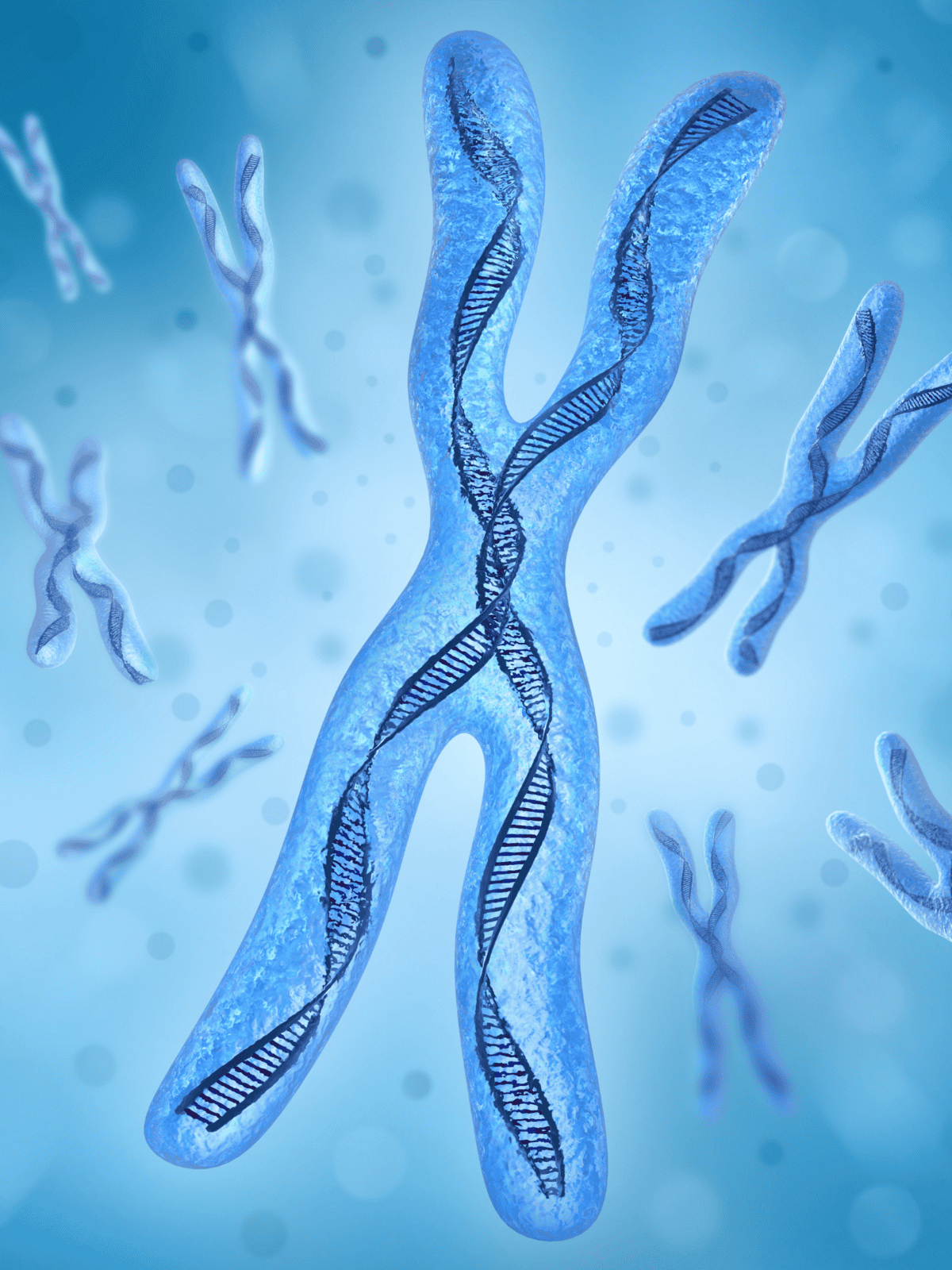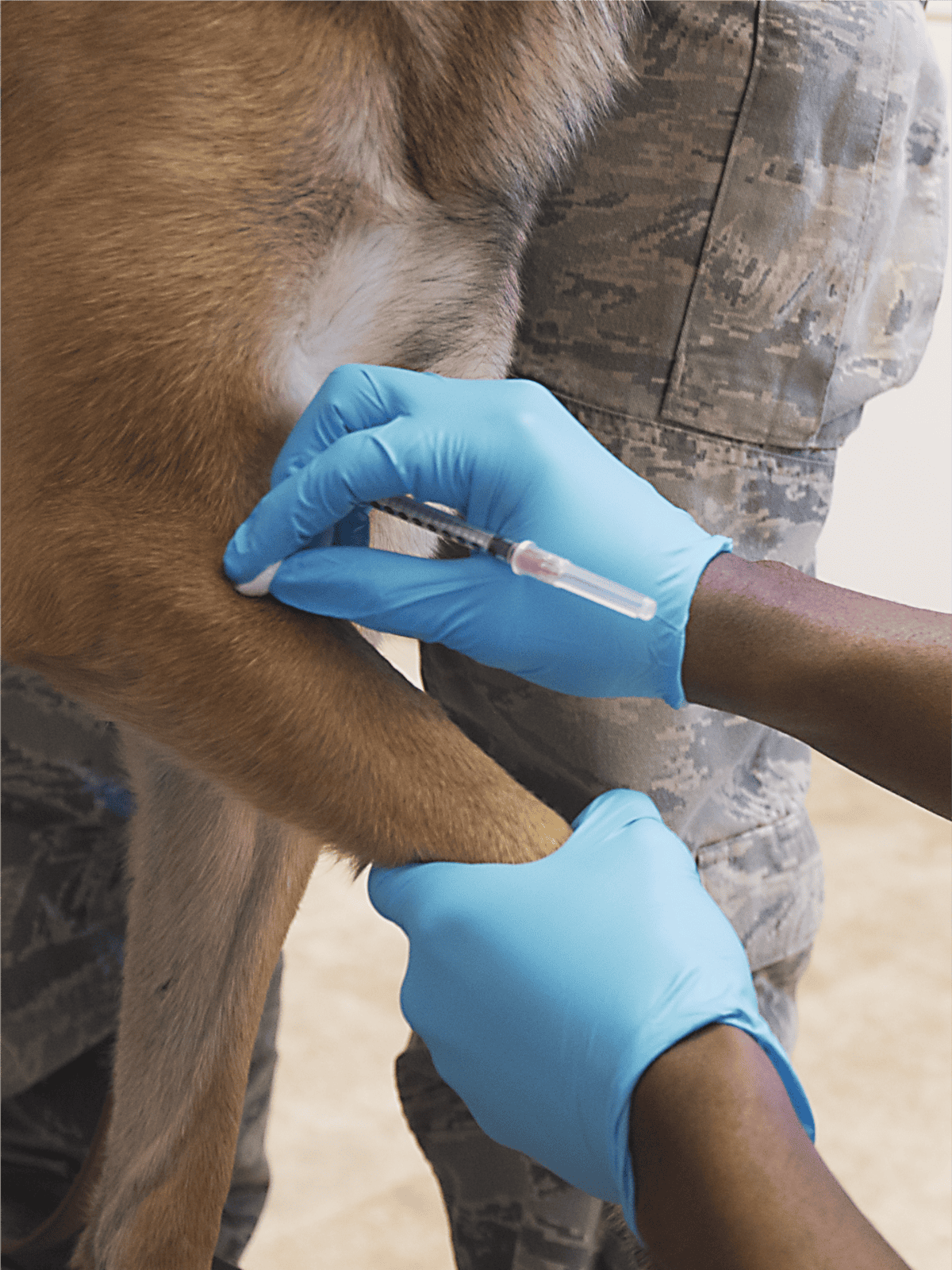Can Dogs Have Down Syndrome
Down syndrome is a well-known genetic condition in humans, characterized by cognitive challenges and distinct physical traits. Individuals with this condition also face increased risks for certain medical issues.

Pet owners may wonder if dogs can exhibit similar traits. Noticing certain features in dogs could lead to questions about whether they might have a condition akin to Down syndrome.
What is Down Syndrome?
Down syndrome is a genetic condition caused by an extra chromosome. Normally, each cell in a person’s body contains 23 pairs of chromosomes, which are made of genes and come from both parents. In a person with Down syndrome, there is one extra full or partial chromosome 21. This additional genetic material changes how a baby develops physically and intellectually.

Down syndrome affects each person differently and might lead to specific health concerns and developmental delays. While there is no cure, early interventions can help in improving their quality of life.
Recognizing Developmental Disorders in Dogs
Dogs can exhibit signs of developmental disorders, much like humans with similar conditions. These disorders may appear in various ways, both in how a dog acts and looks. Early signs can help guide owners to seek appropriate veterinary care.
Behavioral Indicators
Dogs with developmental disorders may behave differently from others. Social interaction issues are common; these dogs might not play like their peers or interact with humans in typical ways. Training difficulties can also occur, as the dog may struggle to learn commands or remember routines.

Another sign includes repetitive behaviors, such as spinning or pacing. These actions can indicate a lack of mental stimulation or issues in processing information. Excessive vocalization, like frequent barking without reason, might also point to a potential issue.
Physical Manifestations
Physical signs of developmental disorders can vary. Some dogs show abnormal growth patterns, such as stunted growth or oddly proportioned bodies. Facial deformities, where the dog’s facial features might appear unusual, such as a wide-set nose or eyes, can also be an indicator.

Some dogs may experience motor skill problems like unsteady gait or trouble with coordination. Additionally, vision and hearing impairments are possible. These physical traits often make everyday activities a challenge for the animal, requiring special attention or care from their owners.
Enjoying this read?
We publish this content for free to generate interest in our Premium members' area. By subscribing, you can ask the writer any questions related to pet care and this article, get access to 100+ Premium Pet Care Guides and go Ad-Free with DogFix Premium for $2.99.
Can Dogs Have Down Syndrome?
Dogs and humans share genetic traits, yet there are key differences between them. Humans have 23 pairs of chromosomes, while dogs have 39. Down syndrome in humans results from a full or partial copy of chromosome 21. Due to these genetic differences, a similar duplication in dogs would not result in the same condition.

In essence, dogs do not develop Down syndrome like humans. There are a few reasons for this such as chromosomal issues like these often lead to early death in dogs. Necessary genetic testing to find such problems in dogs has not happened.
Veterinary Diagnostic Processes
Determining conditions like Down syndrome in dogs involves several diagnostic processes. These include an initial evaluation by a vet, a possible genetic test, and regular monitoring to assess a dog’s health over time.
Initial Evaluation
During the initial evaluation, the veterinarian examines the dog for physical and behavioral signs that might suggest a genetic condition. They check features like facial structure, eye shape, and muscle tone. Behavioral observations focus on social interactions and activity levels.

The vet may also review the dog’s medical history and inquire about any unusual behaviors or developmental delays. This initial assessment helps determine if further testing is needed.
This step is crucial to rule out other health issues that might cause similar symptoms. It provides a baseline for identifying potential genetic concerns.
Genetic Testing
Genetic testing can offer more specific information about a dog’s condition. It is not common for diagnosing Down syndrome in dogs but may be used to detect other chromosomal abnormalities. The procedure usually involves a blood sample sent to a specialized lab.

These tests analyze the dog’s DNA to pinpoint genetic differences that could explain unusual physical or mental traits. The results can take a few weeks, but they provide detailed insights into the dog’s genetic makeup.
While genetic tests can be expensive, they can help guide treatment and management.
Regular Check-Ups and Monitoring
Routine vet visits are essential to monitor the health of a dog suspected of having genetic issues. Regular check-ups help track the dog’s growth, development, and overall well-being. Vets can adjust care plans based on changes in the dog’s condition.

Continuous monitoring includes observing weight, diet, and activity levels. Owners should report any changes in behavior or health to their vet promptly. This proactive approach ensures any arising health concerns are addressed quickly.
Through these visits, the vet can also offer advice on training and socialization, tailored to the dog’s unique needs.
Conditions in Dogs Resembling Down Syndrome
Dogs can exhibit certain congenital or developmental conditions that share clinical traits with Down syndrome. One such condition is congenital hypothyroidism. This occurs when a dog is born with low or missing levels of thyroid hormone. Key signs include slow growth leading to smaller size, large tongue that sticks out, short legs, weak muscle strength, delayed cognitive functions, eyes and ears opening later than normal.

There are other conditions that might be mistaken for Down syndrome in dogs. These include pituitary dwarfism, congenital hydrocephalus, deficiency in growth hormone, and portosystemic shunt.
These conditions can lead to similar symptoms, making it difficult for pet owners to distinguish them. If any of these symptoms are noticeable in a pet, consulting a veterinarian is crucial for diagnosis and treatment.
Supporting a Dog with Developmental Challenges
Special care may be needed when a dog has developmental challenges. This involves focusing on diet, exercise, and environment, which can all improve a dog’s quality of life.
Diet and Nutrition
Providing a balanced diet is crucial for any dog, especially those with developmental difficulties. It is important to ensure they receive enough protein, vitamins, and minerals. Consulting with a veterinarian helps to create a tailored meal plan. High-quality dog food with all the essential nutrients is a must.

Some dogs benefit from supplements like omega-3 fatty acids or glucosamine for joint health. Fresh water should always be available. Keeping an eye on the dog’s weight is also important, as obesity can worsen health issues. Feeding the right portion sizes helps maintain their ideal body weight.
Exercise and Therapy
Exercise plays a key role in managing developmental challenges. Tailored exercise routines help improve mobility and mental stimulation. Short walks, playtime, and swimming are beneficial activities. Regular exercise sessions, adjusted to the dog’s abilities, keep them active and healthy.

Physical therapy might also be recommended. Techniques such as hydrotherapy help strengthen muscles without stressing joints. Engaging in activities that the dog enjoys can boost their mood and energy levels. Always consult a veterinarian before starting any new exercise program.
Environmental Adjustments
Creating a safe and comfortable environment is vital. Dogs with developmental challenges may face mobility issues, so minimizing obstacles in their living space is important. Using non-slip rugs can help them move around without falling.

Providing a cozy and quiet resting area helps reduce stress. Easy access to food, water, and the outdoors is essential. Routine and consistency can aid in reducing anxiety. Ensuring the environment has clear pathways and reducing clutter prevents accidents. Simple changes can significantly impact their comfort and well-being.
